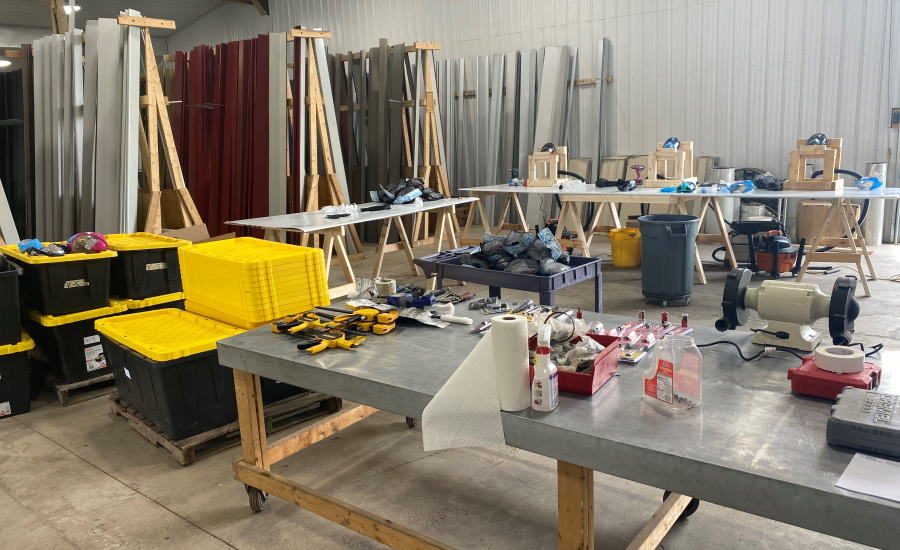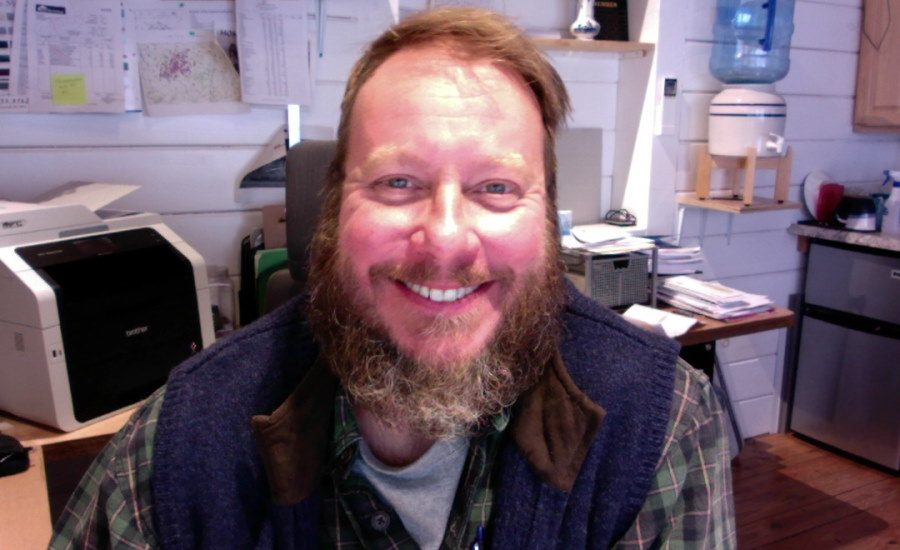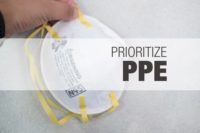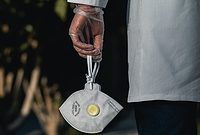NY Metal Roofing Contractor Converts Snorkel Masks into Reusable Medical Masks for Healthcare Workers

Alpine Metal Roofing is converting full-face snorkel masks like the one seen here into reusable medical masks. Photos courtesy of Alpine Metal Roofing.

Alpine Metal Roofing dedicated space in its shop to converting the snorkel masks.

Around 2,500 masks were bought to be converted into medical masks for healthcare workers.

Alpine Metal Roofing owner Hans Hass has given away converted snorkel masks to assist healthcare workers in need of personal protection equipment.




With the COVID-19 crisis causing a shortage of personal protective equipment, one New York roofing contractor put on his thinking cap — or rather, his snorkel mask — and came upon a creative way to protect healthcare workers.
Hans Hass, owner of Alpine Metal Roofing in Sidney, NY, heard stories of nurses having to reuse N95 masks for days on end to protect themselves. Having used N95 masks in his own construction career, he knew they weren’t designed for extended use. He found himself messing around with a full-face snorkel mask he purchased around two months ago when an idea struck him.
“Instead of putting the snorkel attachment on, I started playing around with making attachments to place a filter on top instead,” Hass said. “I didn’t get anywhere great with it, but at the same time I saw they were doing the same thing in Europe, in Italy especially.”
Inspired by what European countries were doing, Hass purchased 2,500 snorkel masks and approached local universities to see if they could bring the idea to life. The universities, including Stanford University, SUNY Delhi and Oregon Northern Catskills BOCES, worked on the design and are using 3D printers to create adapters that, when installed in the mask, can hold a standard viral hospital filter.
“I couldn’t have done it without them, it’s been a real collaborative effort,” Hass said.
Hass said the masks are ideal because they’re a face shield and respirator housed in one unit. Unlike other types of masks, they can be sanitized and re-used.
“I do snorkeling and scuba diving myself, and so I was aware these masks exist, and it basically seals off your whole face,” Hass said. “It’s meant to be submerged water, so it is really air-tight and water-tight.”
Alpine Metal Roofing, which fabricates, sells and installs metal roofing, closed down its business for 10 days and cleared out space in its facility so its workers could convert the masks. They gave away 100 masks to local healthcare workers.
“We had a local hospital system who’s done a lot of testing on these and they actually pass on their highest levels,” Hass said.
Stanford University is in the process of seeking FDA approval for the masks. Meanwhile, Hass is working with a Chinese manufacturer to see if the adapters can be created using injection molding. He is also setting up a website about the masks.
The masks are a nice side project for Alpine Metal Roofing as well, as it’s only seeing about a quarter of its usual business due to COVID-19’s impact on the economy. With a skeleton crew working to serve essential businesses, the mask making and shipping now takes place on the side. Hass said the intent isn't to make a profit on them, so he plans on giving them away and selling them at-cost to hospitals in larger quantities.
Looking for a reprint of this article?
From high-res PDFs to custom plaques, order your copy today!










